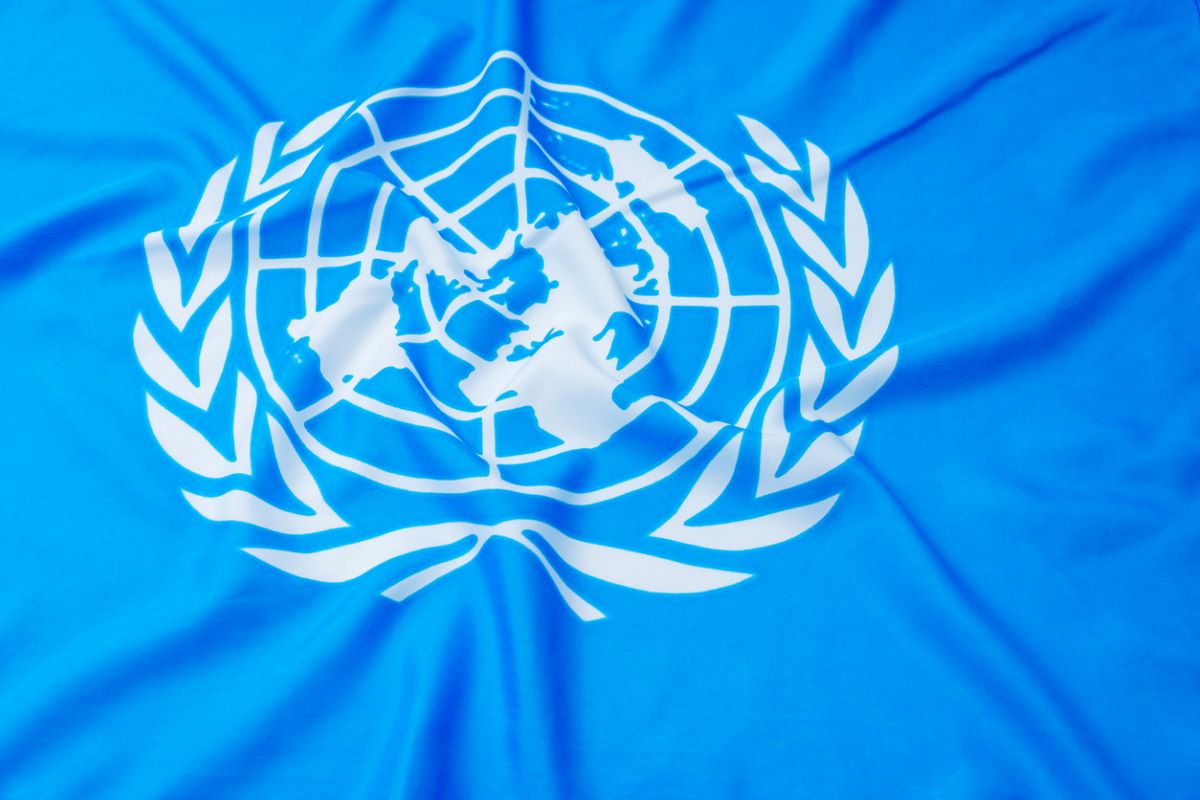Asia hit hardest by climate, weather disasters in 2023: UN
According to the report, in India, severe heatwaves in April and June resulted in about 110 reported fatalities due to heatstroke.
These norms of nomenclature, as it were, may seem like academic quibbles or even an exercise in pedantry to some.

(iStock photo)
In the middle of June, India made a significant but largely unremarked upon intervention in the United Nations (UN) at a special event to mark the first anniversary of the International Day on Countering Hate Speech titled ‘Role of education to address the root causes of hate speech and advance inclusion, non-discrimination, and peace.’ Addressing the gathering, India’s Permanent Representative to the UN, Ambassador TS Tirumurti iterated that there cannot be “double standards” on religiophobia and combating it should not be a “selective exercise” involving only one or two religions but also apply equally to phobias against “non-Abrahamic religions”. While the intent is admirable, not to mention much-needed, its articulation could have been a little better. More exactitude was required to prevent the West and the Islamic world, which constitute the contemporary homelands of the Abrahamic religions, from considering the non-Abrahamic ‘pagan’ traditions including the Indic as religions qua religions (albeit of a different hue).
For, they expressly are not organised religions in the Abrahamic sense and if that fundamental understanding is elided, we will reach nowhere. These norms of nomenclature, as it were, may seem like academic quibbles or even an exercise in pedantry to some. But they are vital if, as Mr Tirumurti said, countries need to develop an education system that truly contributes to combating terrorism by promoting the principles of pluralism and democracy. Pluralism must extend to respect for all faith traditions not just different religions; in other words, to non-religions too. Hinduism, for example, is a non-religion if viewed from the Abrahamic perspective. But it is certainly a living, breathing, ancient dharmic tradition. The same is true for others outside the Abrahamic rubric. With this caveat entered, the Indian position is worthy of appreciation and support. Opposing religiophobia as well as hatred towards alternate faith traditions should certainly not be a selective exercise involving only one or two organised Abrahamic religions.
The prevalence of double standards in this regard is at the root of the conflict between communities in countries the world over. India has in recent years been urging the international community including at various UN platforms to make concerted efforts to combat hate, violence, and bigotry against the Sikh, Buddhist, and Hindu ~ broadly Indic ~ traditions too. But terming them “religions”, as India’s representatives have been doing even if for ease of communication would defeat the very purpose of understanding and respecting the diversity of belief systems and/or nonsystems. The emergence of anti-Hindu, anti-Buddhist and anti-Sikh phobias ~ just as that of, say, Islamophobia ~ is a matter of serious concern and needs the attention of the UN and other global bodies if we want to combat radicalisation and terrorism and promote tolerance and inclusion. “It is only then can we bring greater balance into our discussion on such topics,” Mr Tirumurti said. Half done is well begun.
Advertisement
Advertisement